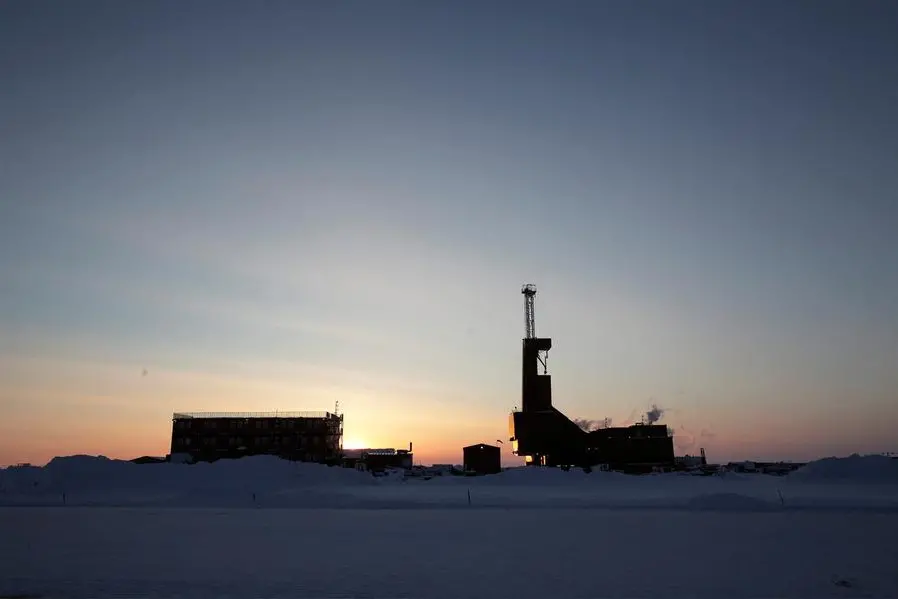PHOTO
TOKYO: Oil prices rose in early trade on Thursday, slightly paring the previous session's losses after the United States said it would reinstate oil sanctions Venezuela, while the European Union talked of fresh curbs on Iran.
Brent futures were up 10 cents, or 0.11%, at $87.39 a barrel, while U.S. crude futures traded 2 cents higher at $82.71 a barrel at 0053 GMT. The two benchmarks slid 3% in the previous session on demand worries.
The U.S. said it would not renew a license set to expire on Thursday that had broadly eased Venezuela oil sanctions, moving to reimpose punitive measures in response to President Nicolas Maduro's failure to meet his election commitments.
"Ongoing risks to supply should help support commodity markets, despite easing tensions in the Middle East," ANZ Research said in a note. "An improvement in risk appetite saw some buying return to the commodity sector."
Venezuela exported 600,000 barrels per day (bpd) in the first quarter, of which 165,000 bpd were destined for the United States, ANZ Research said, adding that as volumes are moderate, the impact is likely to be 'small'.
Uncertainty remained over how Israel might retaliate against Iran after Tehran's missile and drone attack on Israel. Looking to prevent a wider conflict, European Union leaders decided on Wednesday to step up sanctions against Iran.
The U.S. House of Representatives will vote on long-expected aid packages for Ukraine, Israel and the Indo-Pacific on Saturday to provide over $95 billion in security assistance, including $61 billion to address the conflict in Ukraine.
Keeping a lid on the oil market, a Federal Reserve survey showed on Wednesday that U.S. economic activity expanded slightly from late February through early April and firms signalled they expect inflation pressures to hold steady. That continued recent trends that have kept the central bank from being able to cut interest rates.
According to JP Morgan estimates, worldwide oil consumption so far in April has averaged 101 million bpd, or 200,000 bpd below its own forecast. (Reporting by Katya Golubkova; Editing by Sonali Paul)





















